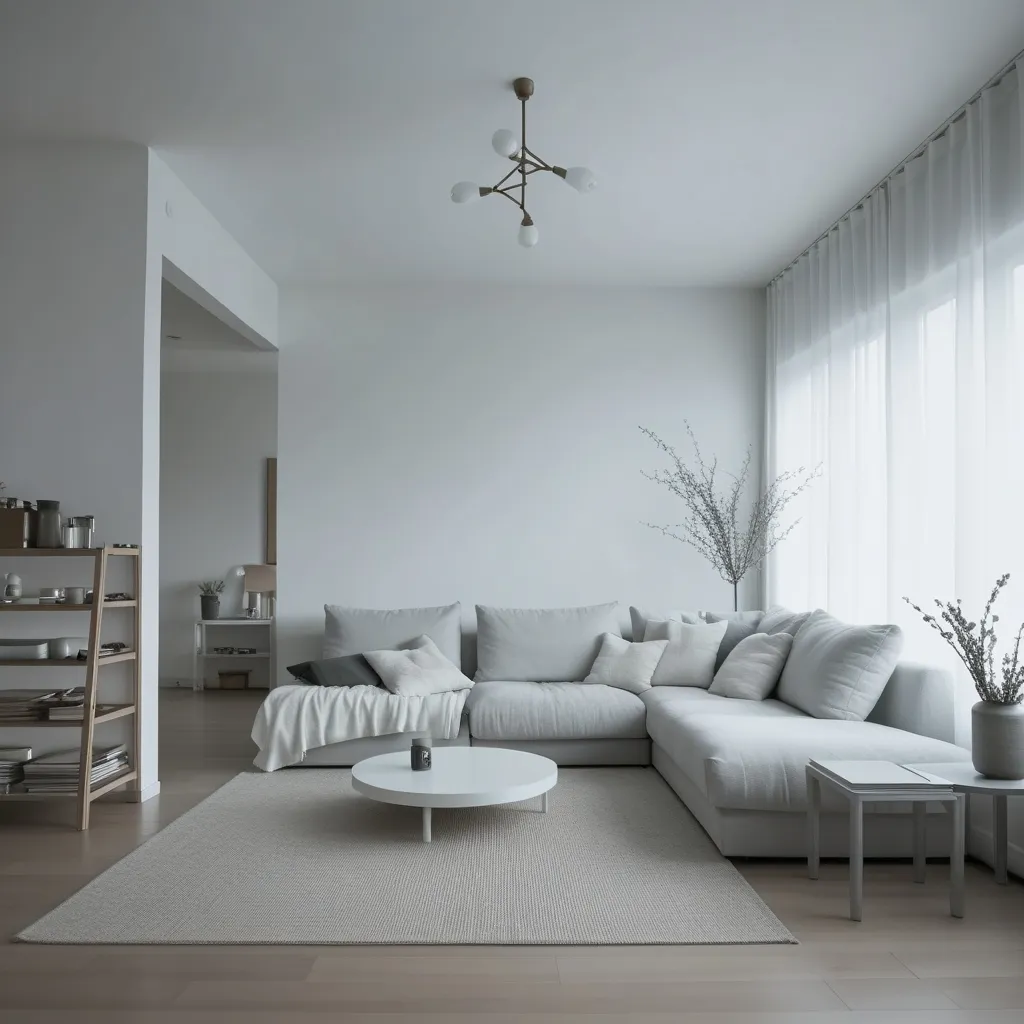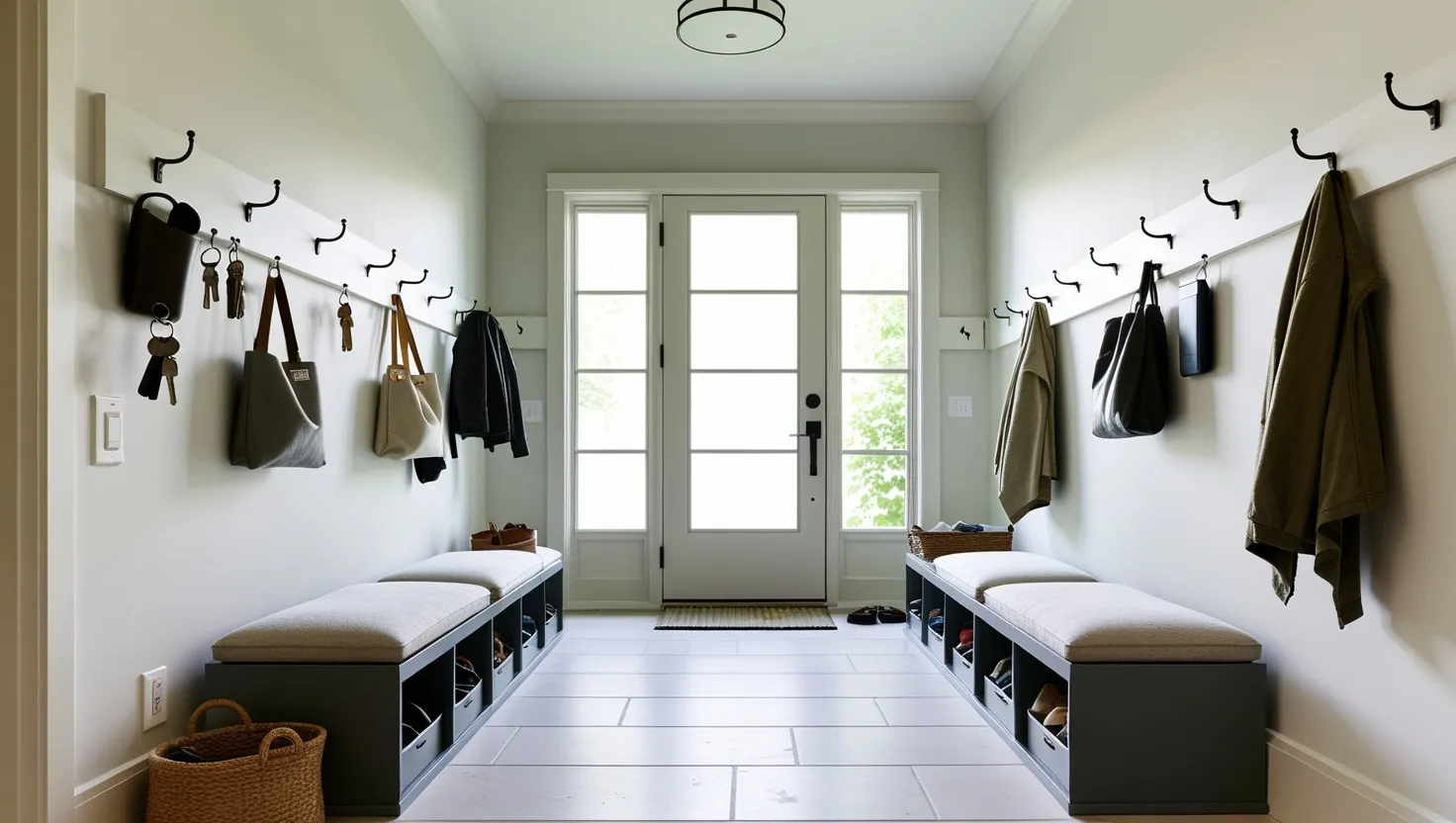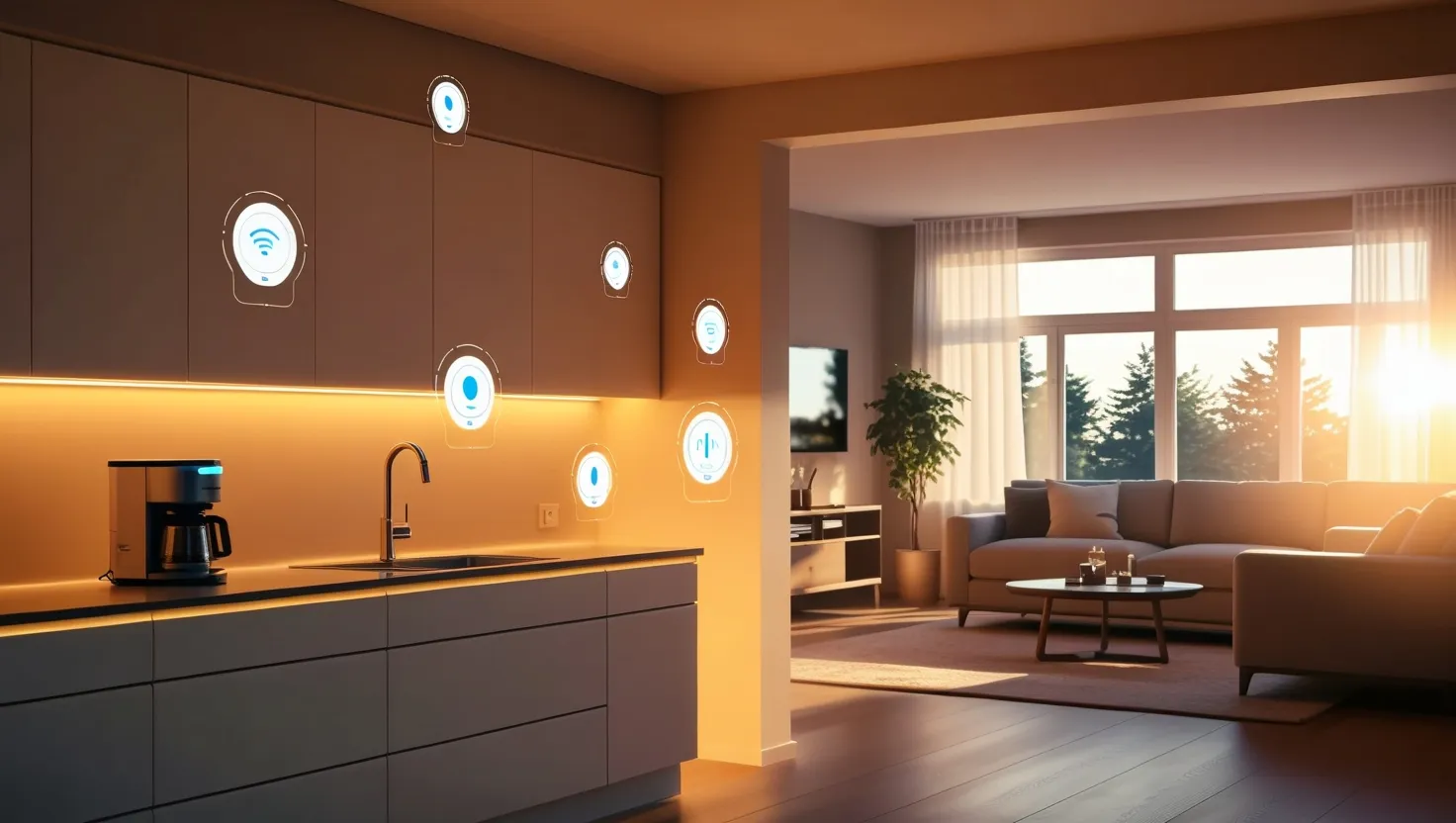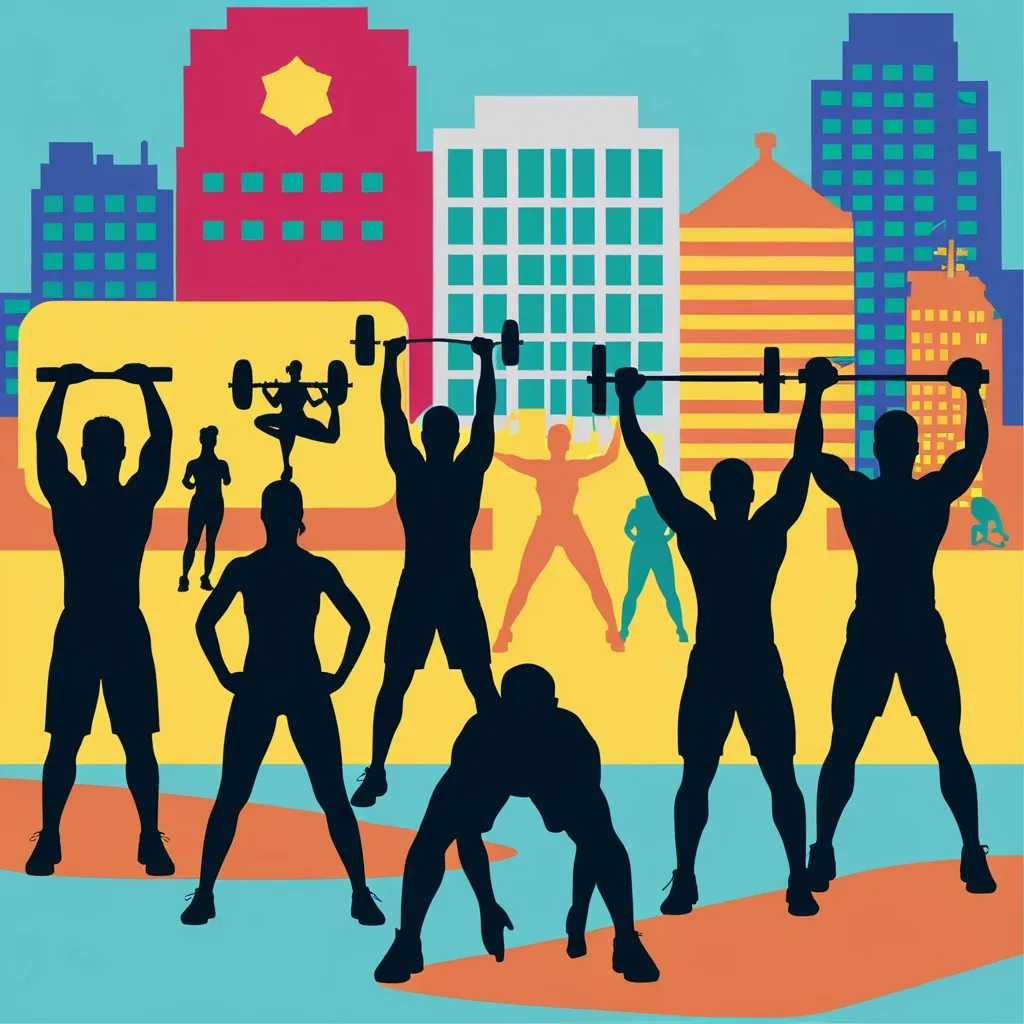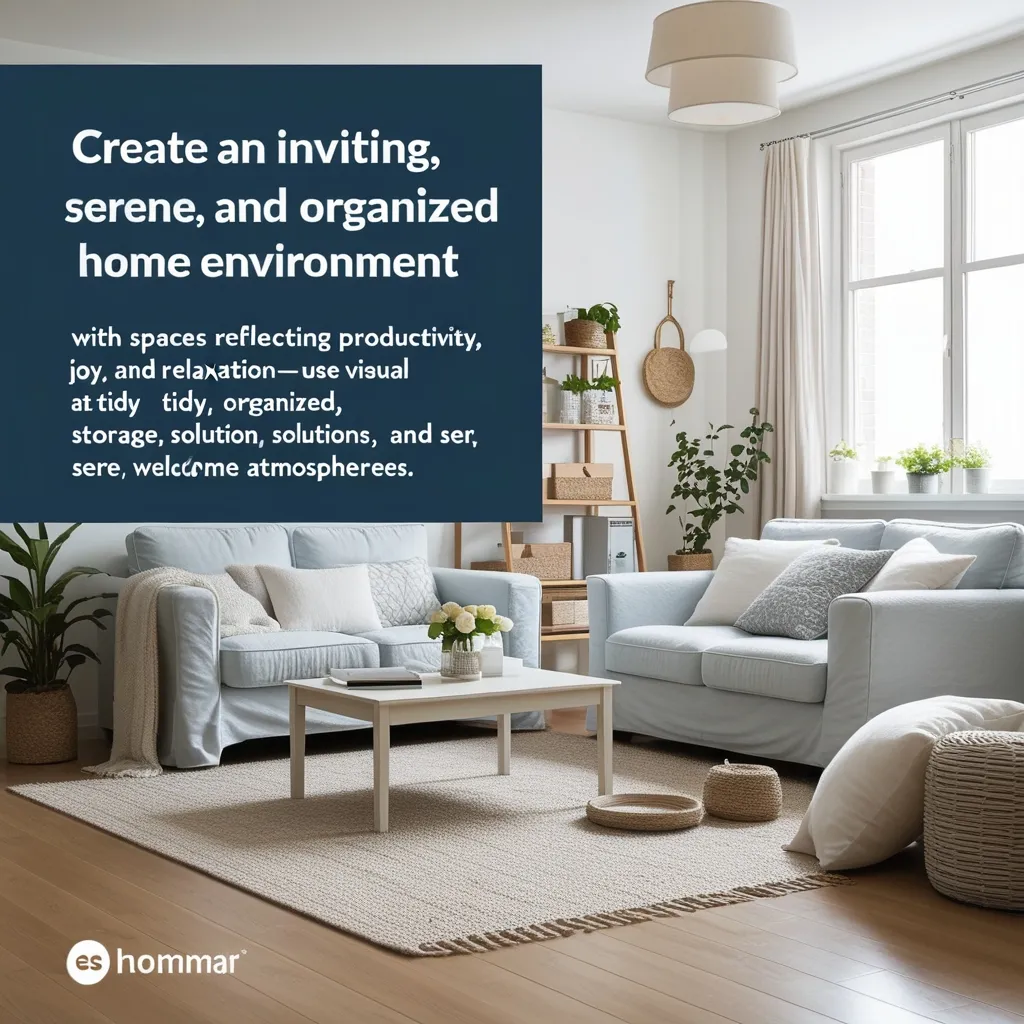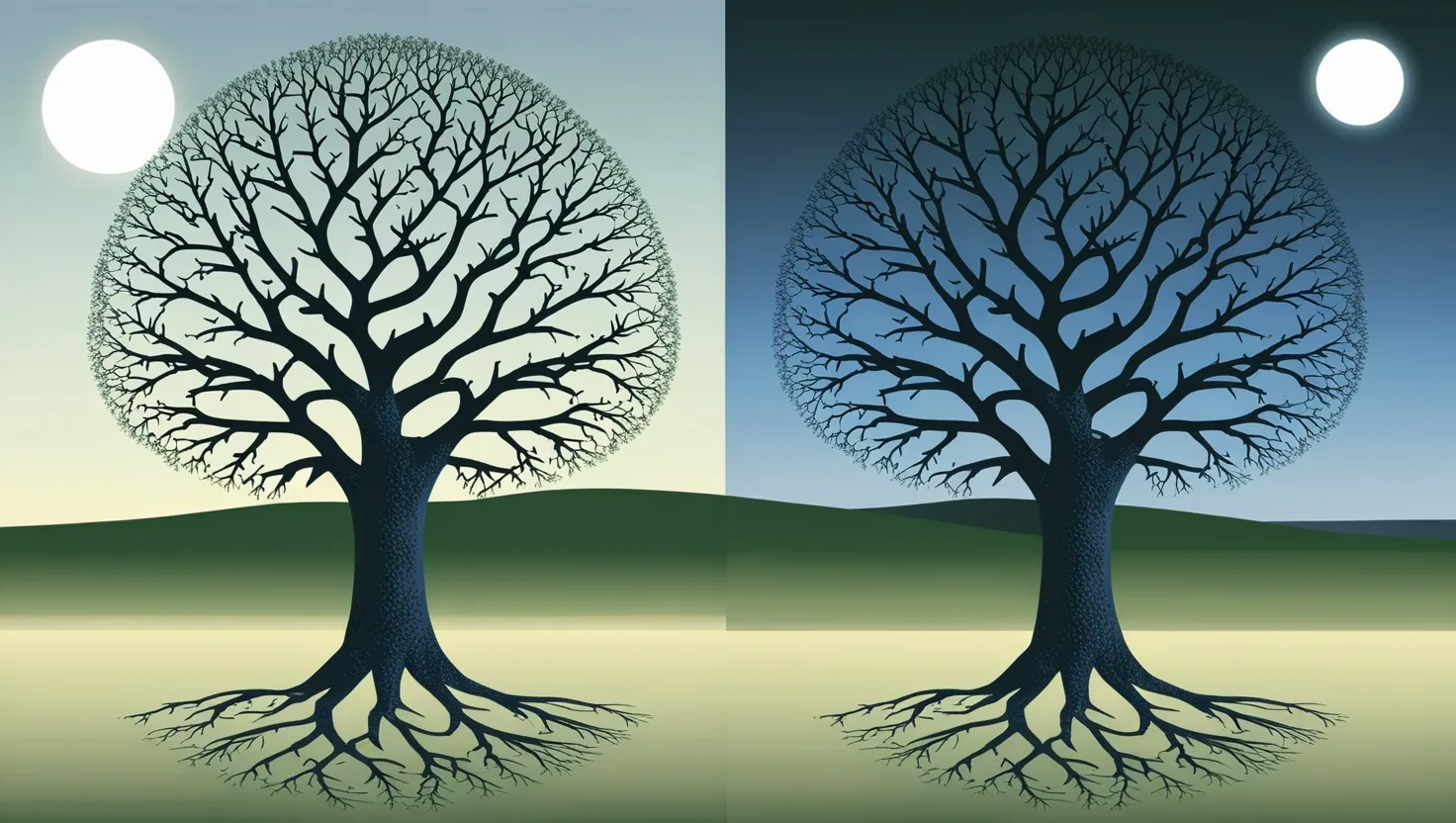Living Better with Fewer Things
Ever wondered how life could be with fewer things? Living with fewer possessions is like a breath of fresh air. It’s not just about ditching stuff but also about embracing a lifestyle that values simplicity, clarity, and freedom. Think about all the things you’d enjoy more if you owned less. Let’s dive into why and how owning fewer things can make life so much better.
The Weight of Too Much Stuff
Picture a home filled to the brim with things you barely touch. Not only does this make moving around physically hard, but it also clutters your mind. Too much stuff equals too much stress. You end up feeling anxious, constantly overwhelmed, and unable to focus. Clearing out the clutter means making space in both your home and your head. Trust me, it’s freeing.
Saving Time and Cash
Fewer things directly equate to more time and money. It’s pretty simple: less stuff means less to clean, maintain, and organize. Suddenly, you’re not spending hours dusting off shelves or fixing broken items. Instead, you have time to read that book you’ve been putting off or start a new hobby. And on the financial side, owning less means fewer impulsive purchases. You save money that’s better spent on experiences that bring real joy, like a fun trip or a cooking class.
Battling Decision Fatigue
Ever hear of decision fatigue? It’s what happens when you have so many choices that your brain just tires out. Owning fewer things minimizes the number of decisions you make. Imagine having a minimal wardrobe – picking out clothes becomes a breeze. This simplicity adds a surprising amount of mental energy and focus. You’ll be amazed how much of a difference it makes.
Living Stress-Free
With less clutter and junk around, stress levels drop. A tidy, well-organized environment instills a sense of control and peace. This tranquility extends to other aspects of life, helping you handle daily challenges with greater ease. Decluttering can be therapeutic, giving away items you no longer need is like letting go of the past. It’s a fresh start, every time.
Emphasizing What’s Important
Minimalism is more than just cutting back on possessions; it’s about zeroing in on what genuinely matters. When there’s no clutter to distract you, you can focus on experiences and relationships that bring joy. Instead of chasing the latest gadget, you might choose to spend money on a memorable weekend getaway. These moments create lasting memories and a deeply satisfying life.
Starting Small
Adopting a minimalist lifestyle isn’t an overnight transformation; it’s about taking small, deliberate steps. Start decluttering one room at a time. Pick items you rarely use or don’t need and donate them. As you sort through your possessions, ask yourself if they serve a purpose, bring joy, or add value. If the answer is no, it might be time to let them go.
Being Intentional
Intentionality is key. Before purchasing something new, ask yourself, “Do I need this? Do I love this? Does this add value to my life?” These questions help curb impulsive buys, keeping your home clutter-free. This thoughtful approach to acquiring items can help maintain a minimalist lifestyle.
Choosing Experiences
One of the coolest parts of minimalism is shifting focus from stuff to experiences. Without the constant urge to accumulate things, you invest in experiences that enrich your life. This could be anything – traveling, learning a new skill, or spending quality time with loved ones. These experiences offer growth and joy that material possessions can’t match.
Mindful Living
Minimalism fosters a mindful approach to life. It encourages you to be present, to cherish what you have rather than always wanting more. This mindset can influence other areas such as relationships and career, fostering deeper connections and a true sense of purpose.
The Liberating Power of Letting Go
Getting rid of things you don’t need is liberating. Besides gaining physical space, you shed emotional weight. Without being tied to possessions, there’s more flexibility and openness to new opportunities. This newfound freedom is empowering, helping you align your life with your true values and aspirations.
Better Work-Life Balance
Minimalism can lead to a healthier work-life balance. Simplifying your living space frees up time for personal and professional growth. A balanced lifestyle equals happiness and well-being. For example, someone may leave a high-stress job for a simpler one that allows more personal time, leading to greater fulfillment.
Boosting Mental Health
Clutter can worsen mental health issues like anxiety and ADHD. On the flip side, a tidy and organized space can alleviate these symptoms, offering a sense of control and satisfaction. Decluttering can be a therapy, making you feel accomplished and in charge.
A Sustainable Choice
Living with fewer possessions is environmentally friendly. Less consumerism means less waste. Choosing minimalism is a conscious step toward sustainability. Owning less means using less, which in turn reduces the demand for new products and the waste they produce.
Inspiring Others
Living minimally can inspire those around you. When friends and family see the positive changes in your life, they might be motivated to follow suit. It creates a ripple effect, encouraging more people to embrace minimalism and enjoy its benefits.
To sum it all up, owning fewer things isn’t just about cleaning out your closet. It’s about adopting a lifestyle that cherishes simplicity, clarity, and freedom. By focusing on what truly adds value to life, you find more peace, time, and fulfillment. Take that first step and experience the joy that comes with owning less.
